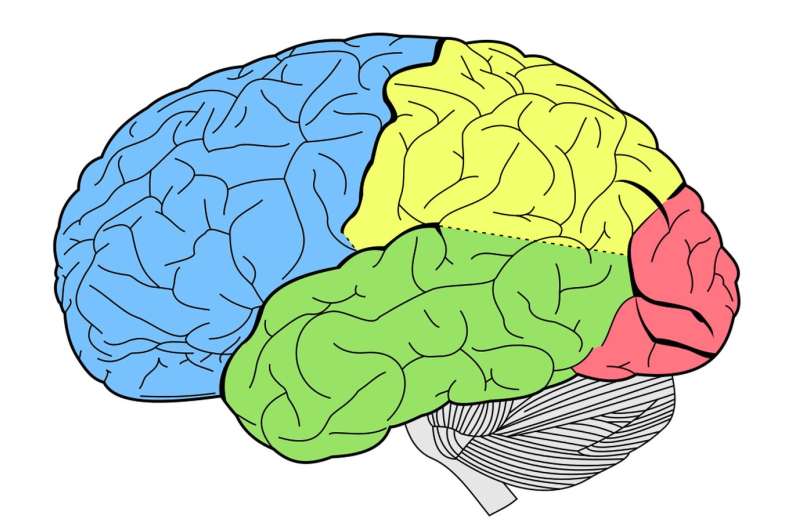Credit: CC0 Public Domain
Penn State researcher Reuben Kraft specializes in constructing computer models of the human brain that may help to diagnose, monitor and give insight on brain injuries by the creation and storage of what he has deemed the "digital brain."
Utilizing imaging technology such as magnetic resonance diffusion tensor imaging and computed tomography scans, Kraft, an assistant professor of mechanical and biomedical engineering and Institute for CyberScience (ICS) co-hired faculty member, creates a 3-D digital image of a person's brain to store in a cloud environment.
Kraft hopes to be able to use this approach to monitor any damage that occurs to the brain, such as athletic injuries, by gathering data collected through wearable sensors and additional scans after an impact occurs. Kraft is able to see how the brain responds to an impact and how the external load gets carried across the brain.
The digital brain allows Kraft to track damage over time, which can be a benefit to helping sports teams that may be lacking professional medical staff.
"This can be thought of as having a digital view of the brain from the sideline of the field," Kraft said.
Over time, Kraft hopes that his digital brain can be used to give insight on the causes of brain injury and the proper treatment.
Credit: Pennsylvania State University
Provided by Pennsylvania State University





















